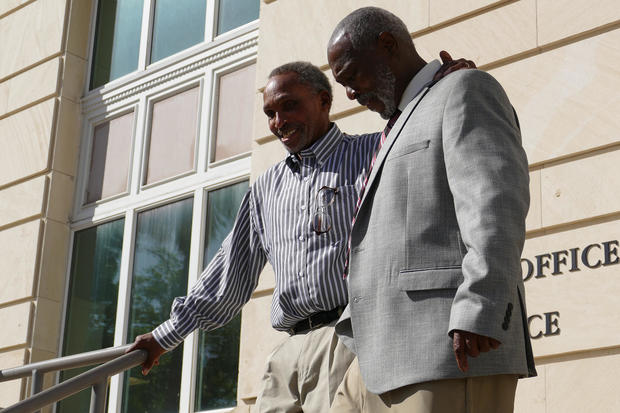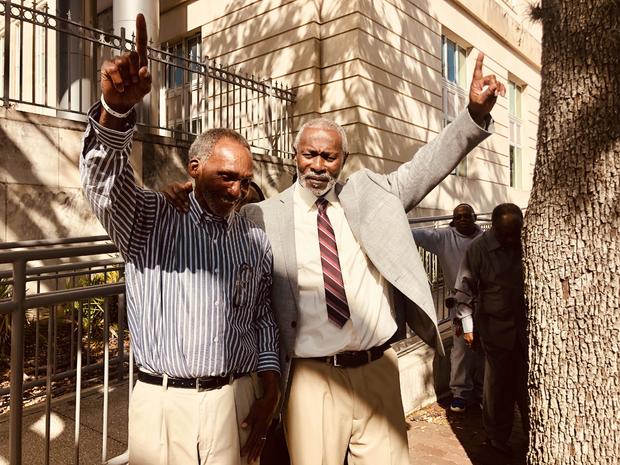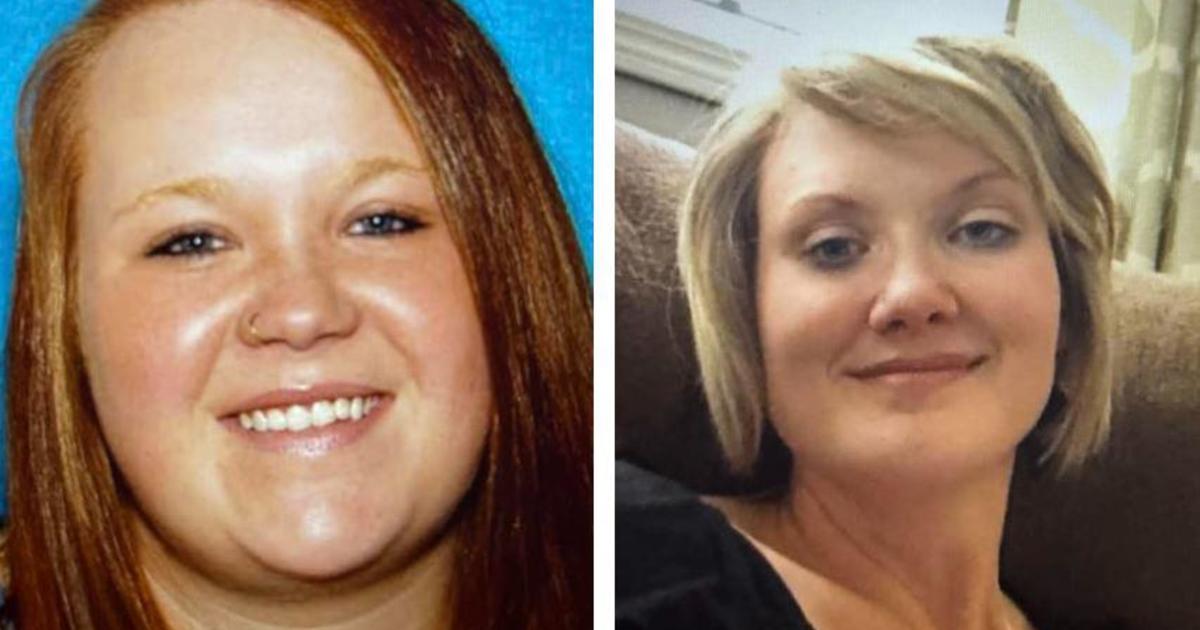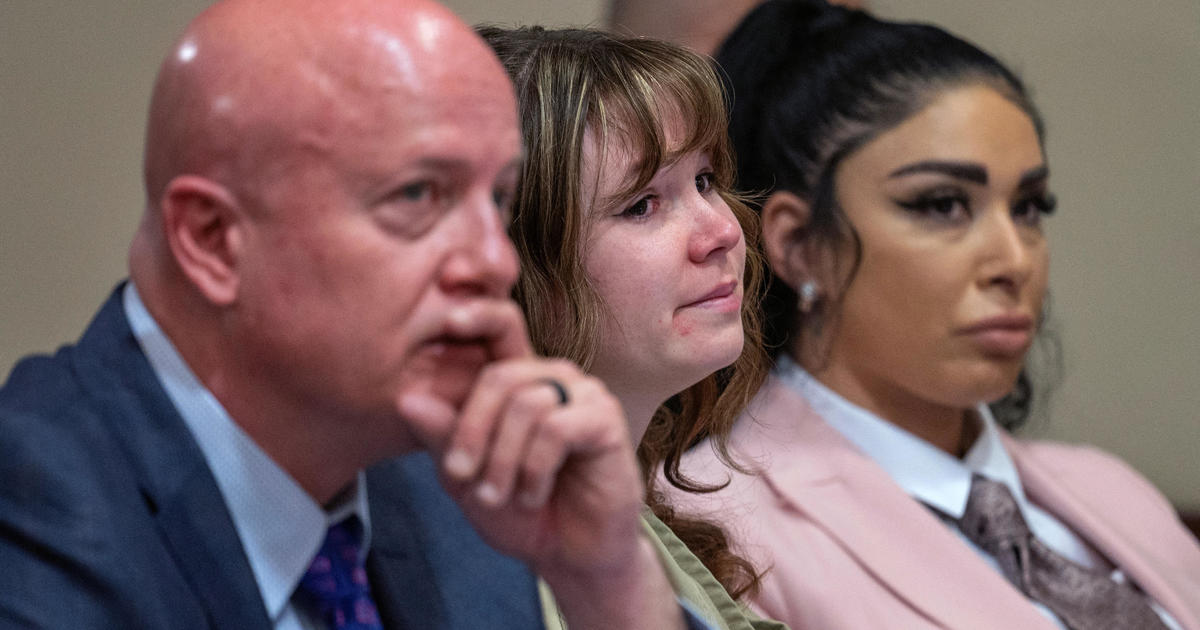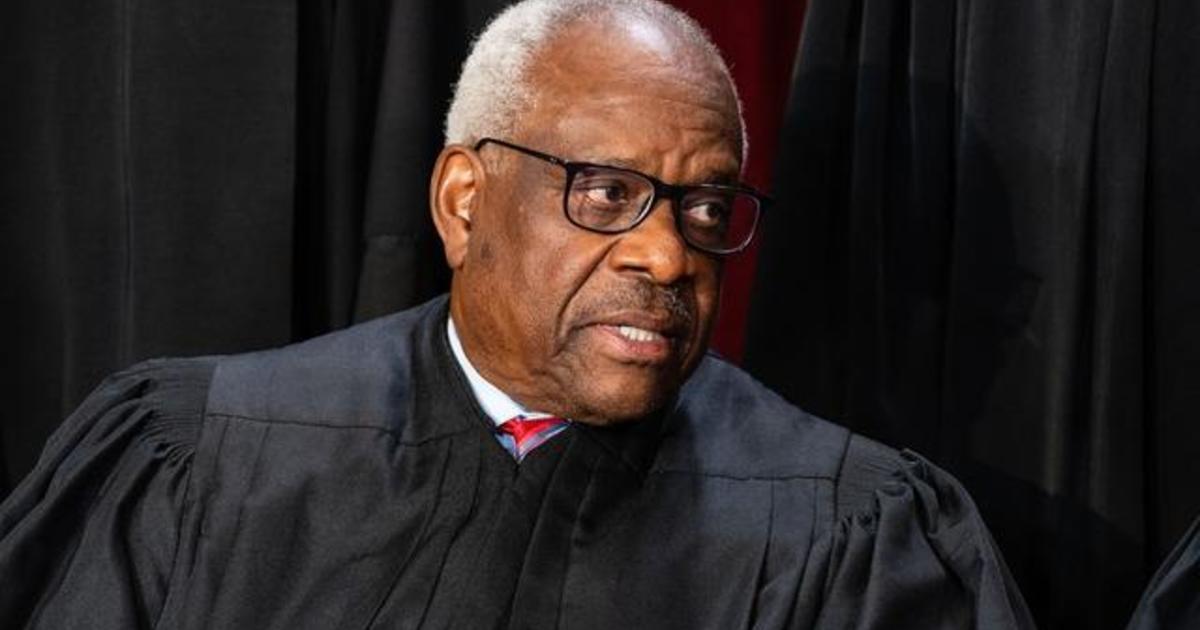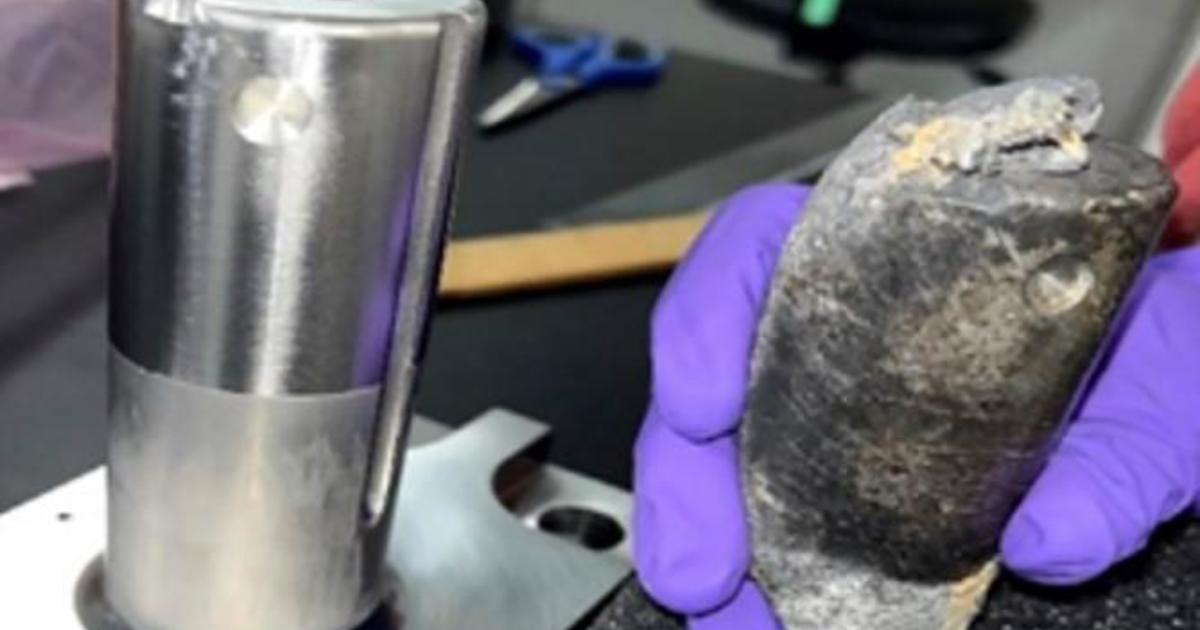2 relatives spent decades in prison for a crime they didn't commit. Only one is getting compensated.
Nathan Myers and Clifford Williams spent 43 years behind bars for the same crime. The nephew and uncle are both innocent and have been exonerated — yet only one is eligible to be compensated for the wrongful conviction.
In 1976, Williams and Myers were wrongly convicted of first-degree murder and attempted murder for a shooting that left one person dead and another injured in a Florida apartment complex.
This year, they became the first to be exonerated under the state's Conviction Integrity Unit, an initiative that gives incarcerated individuals the ability to petition their cases if they present a claim of innocence. Myers and Williams walked free in March after the state uncovered and corroborated new physical and scientific evidence.
Florida, however, is the only state that prevents individuals from receiving compensation if they've committed separate, unrelated crimes. The state's "Clean Hands Provision" stipulates an individual is entitled to compensation only if they were "not convicted of another violent felony or more than one non-violent felonies."
That's the provision costing Williams. At 19 years old, Williams was convicted of attempted arson and of attempted burglary four years later. He served time on probation and behind bars.
Thirty-five states, the District of Columbia and the federal government have some way to compensate those who've been wrongly convicted. The amount varies, but the majority of states, including Florida, provide at least $50,000 for every year someone is wrongfully convicted. Florida caps the amount at $2 million.
Myers has filed his claim and is expected to see his $2 million paid out over at least ten years through an annuity. Myers said the state is now punishing his uncle a second time around for his prior convictions.
"I might have died in prison," Myers, 62, told CBS News. "My uncle did the same 43 years as me, and you're telling me you're not going to compensate him? That's not human. He's 76 years old. He needs help."
Two months after his release, Williams was diagnosed with prostate cancer.
"We don't have a penny, not one dime," added Myers. "It's important for [Williams] to get something for the time he lost, the time he can't make up, to help with his life down the road."
The answer could be SB 346, a bill making its way through Florida's state senate. The measure eliminates the Clean Hands Provision, as well as streamlines the claims process.
Myers met with state lawmakers earlier this month to advocate for its passage. His calls are becoming more urgent.
"You're still blaming him for what he did over 60 years ago," Myers added. "But he did his time for that. Now, I just pray something happens to help him out for doing the time for something he didn't do."
The pair have always maintained their innocence. Myers said his biggest regret is that the family that helped fight for his freedom wasn't able to see him be released.
"I was so sad that my mom wasn't going to be there to see me come home free," Myers added. "I always told her, before she passed away, that I was going to fight this case until I die because I'm innocent. Then, I'd tell her, we'd be together again."
Seventy-two people have been exonerated in Florida since 1989, according to The National Registry of Exonerations. However, only 11 of those individuals have filed compensation claims and seven have been awarded. The state has since paid $8.8 million, in addition to one undisclosed settlement amount.
It's unclear how many individuals were denied, or deterred from filing, under the Clean Hands Provision. Michelle Feldman, the state campaigns director at the Innocence Project, said a 90-day deadline to petition for compensation is also a driving factor for the low amount of awards granted.
"A lot of people haven't filed because they're not eligible," Feldman said. "I think there's been a recognition for a long time now that the compensation law is not working at all."
Myers said he's adjusting to his new freedom. He's applied to work in the juvenile justice system, is learning about social media and is working to get his driver's license. He said despite being sick, Williams is in good spirits.
"He's just happy to be free, to be home," added Myers. "Now we have the chance to be our own men, with our own destiny. We're responsible for what we do with ourselves. We have a choice in what we get to do."
